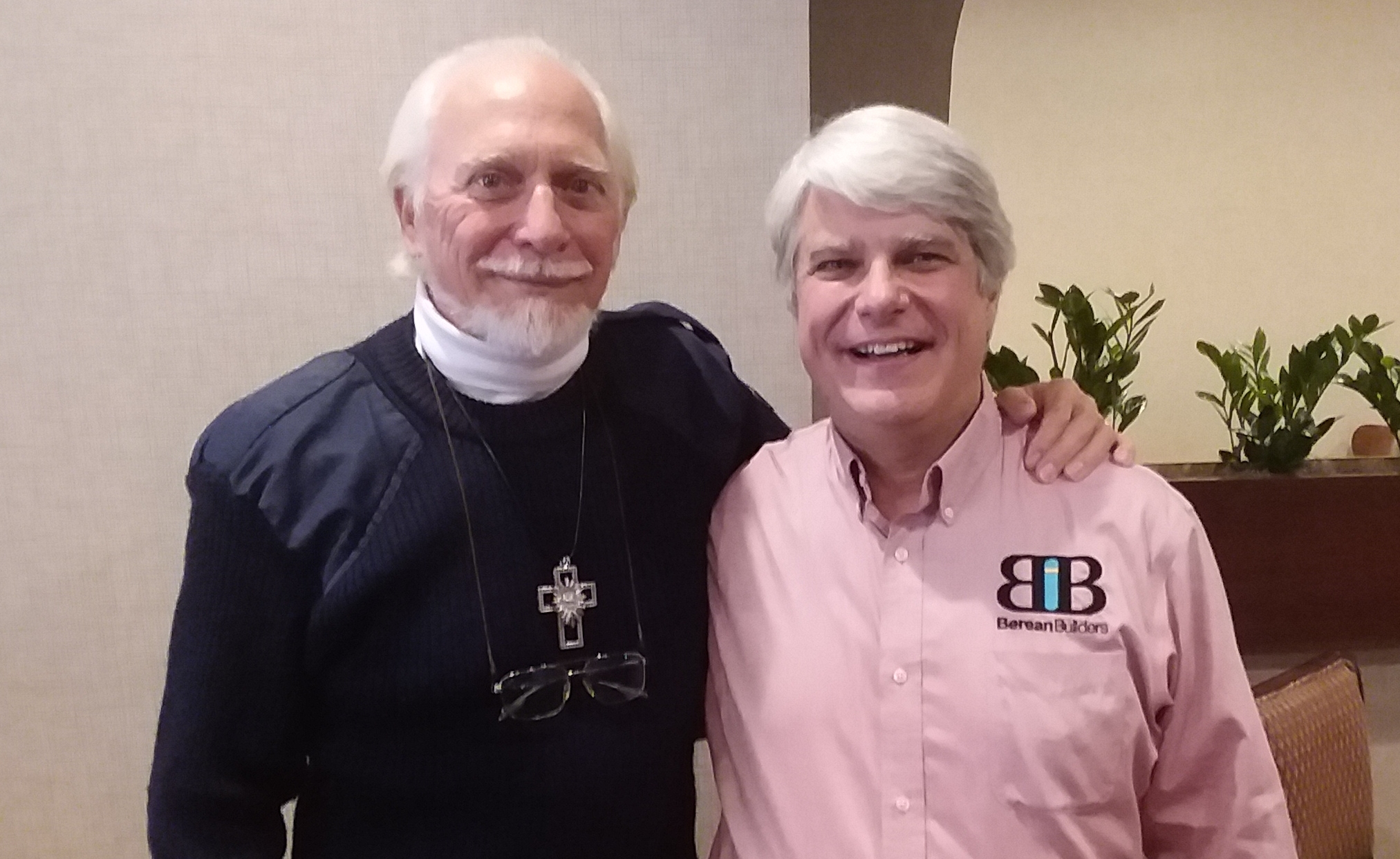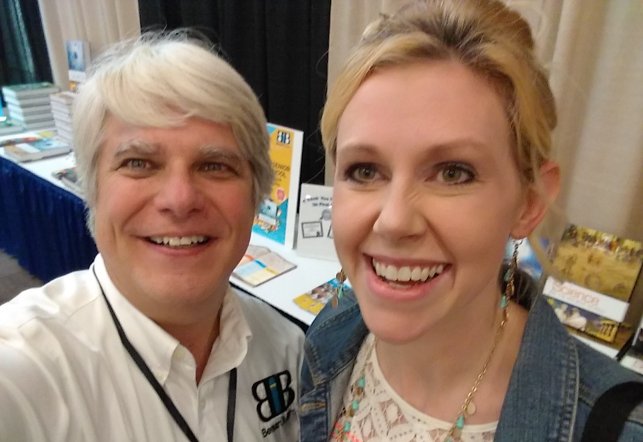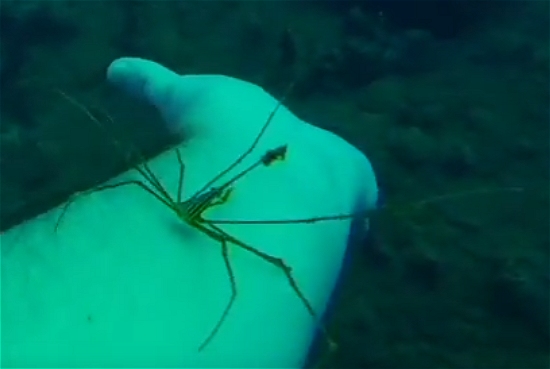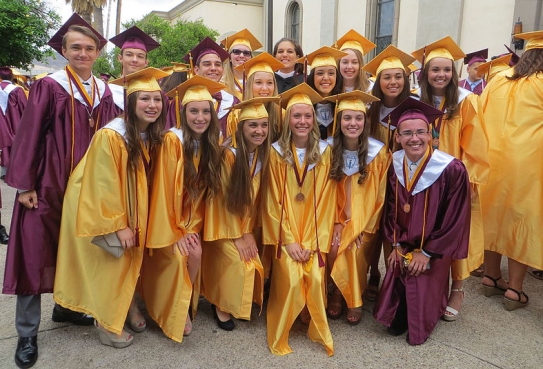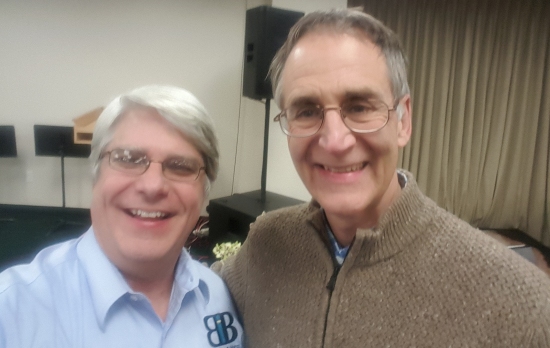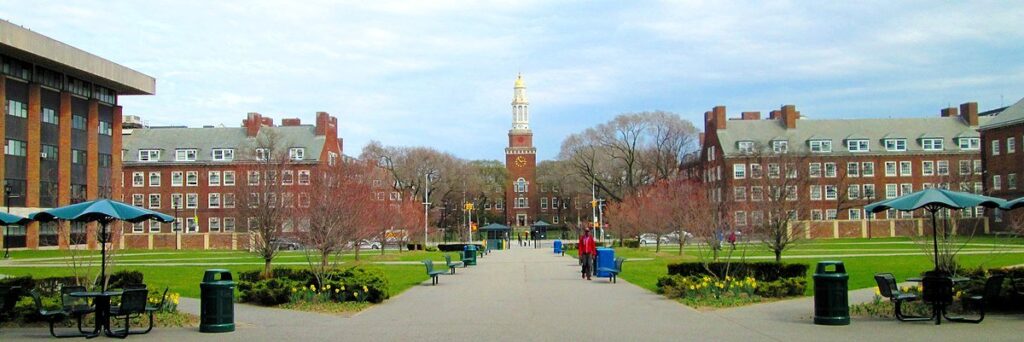
I just got back from the Texas Homeschool Convention, which took place in Round Rock, Texas. I gave three talks and spent a lot of time speaking with homeschooling parents and homeschooled students. I always enjoy my time at conventions like this one, and I am sorry to say that I am done with my convention appearances this year. However, I am already scheduled to speak at all Great Homeschool Conventions next year, as well as the ICHE conference in Bourbonnais, Illinois.
During one of my talks, I got a question that I was happy to answer at the time, but I thought I would also answer it here. As near as I can remember, the question went like this:
With all the anti-Christian sentiment that exists on college campuses, should we even send our children to college? If so, should it be only to Christian schools?
Let me start by saying that while the mood on many college campuses (including several that call themselves “Christian”) is definitely anti-Christian, it doesn’t really affect the students that much, at least not in terms of their commitment to their faith. As I have discussed previously (here and here) studies show that those who go to college are more likely to retain their faith than those who do not. Thus, if you are worried about your child “losing faith” in college, that is the exception, not the rule.
Now having said that, let me also say that there are way, way, way too many students attending college these days. As someone who has been teaching at the university level for more than 30 years, I can assure you that MOST students should not go to college, because they don’t need it. In my opinion, there are two reasons a student should go to college:
1. The student is just a natural scholar and loves to learn.
2. The student has a career path planned that requires a college degree.
If a student doesn’t meet one of those two criteria, the student is mostly likely wasting his or her time, along with a few buckets of money. Most students would benefit more from going to a trade school or joining the workforce. Some of them might eventually go to college, after their real-world experience ends up giving them one of the two criteria listed above.
So…let’s suppose your child meets one of those two criteria. He or she should go to college, but should it be a Christian college or a secular college? That depends on the student. Some students (myself included) experience an enormous amount of spiritual growth at secular colleges, mostly because we thrive when our faith is challenged. There are others, however, who will grow more at Christian colleges.
This is where you, as a homeschooling parent, have a distinct advantage. You know your children much better than most parents. Thus, you are in a perfect position to help them in choosing their college environment. Ask yourself how your student will react to having his or her faith challenged pretty much on a daily basis. That will tell you what kind of college your child should attend.
Also, please note that you cannot believe a college is Christian simply because it says it is. Over the years, I have experienced many “Christian” schools promoting decidedly anti-Christian ideologies. Thus, if you think your college-bound child will thrive best at a Christian college, you should make it a point to visit the campus, ask the officials hard questions about social and theological matters, and have your child ask some current students about their evaluation of the Christian nature of the school.
I will end with this piece of advice, which is probably the most important: Regardless of the type of college you choose for your college-bound student, make sure he or she is an active part of an ON-CAMPUS Christian fellowship group (like Intervarsity, Navigators, Cru, etc.). This doesn’t replace church, but it is vital for your child to have access to likeminded brothers and sisters who have experienced “that professor” or “that situation” and can help your child deal with it. In my opinion, being an active part of an on-campus fellowship group is significantly more important to your student’s spiritual life than whether the college is Christian or secular.

